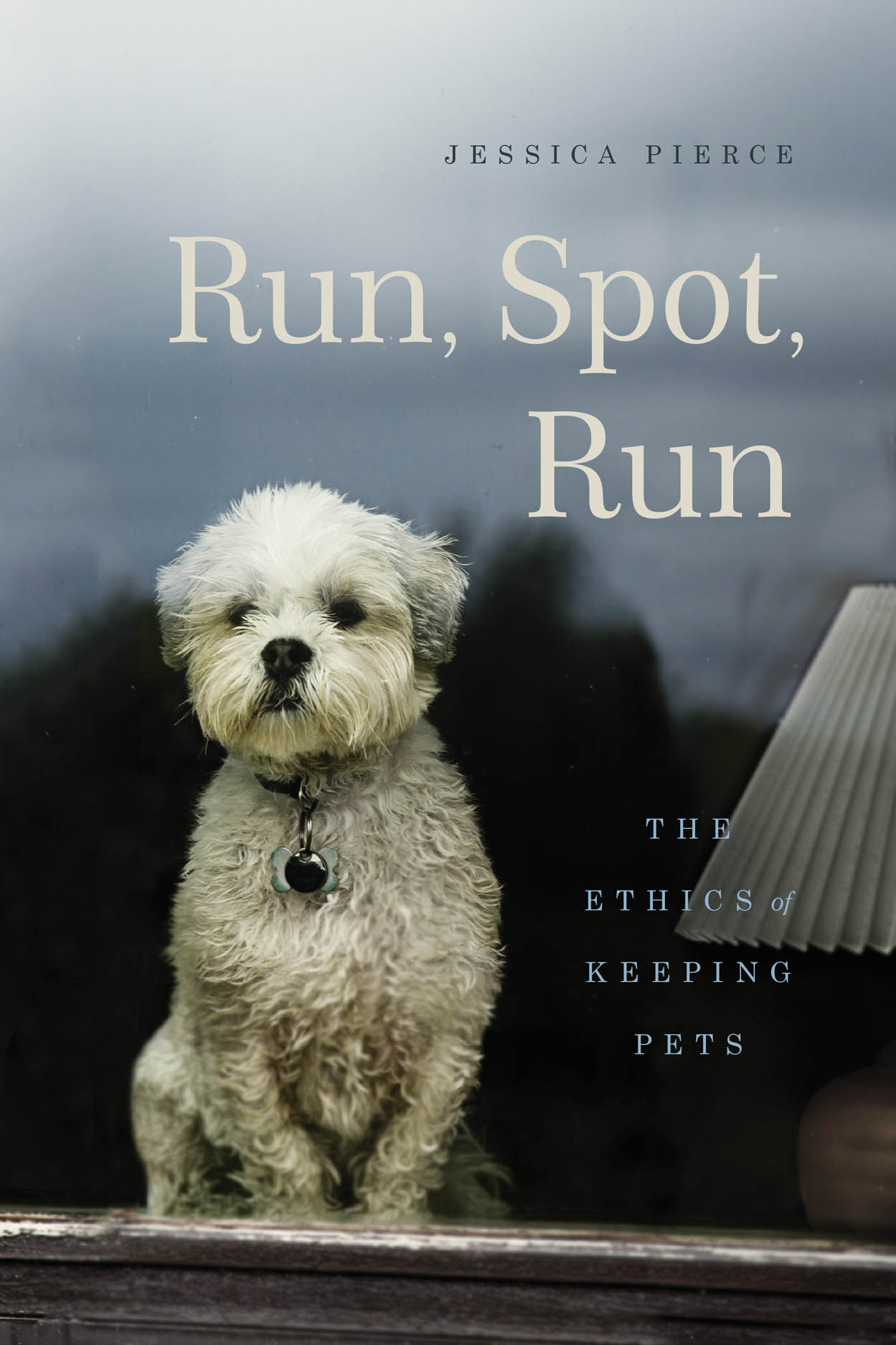Why did Barbara Streisand clone her dog?
 Jessica Pierce has done a lot of thinking about animals and ethics. A bioethicist by training, her books on the subject include The Last Walk: Reflections on Our Pets at the End of Their Lives, Wild Justice: The Moral Lives of Animals, coauthored with Marc Bekoff, and more recently Run, Spot, Run: The Ethics of Keeping Pets. So who better to weigh in on the ethics of pet cloning – a topic which, as you likely know, has captured a bit of public attention recently due to the news of Barbara Streisand having cloned her coton de tulear (a breed that coincidentally looks a lot like this guy, or gal as the case may be <–).
Jessica Pierce has done a lot of thinking about animals and ethics. A bioethicist by training, her books on the subject include The Last Walk: Reflections on Our Pets at the End of Their Lives, Wild Justice: The Moral Lives of Animals, coauthored with Marc Bekoff, and more recently Run, Spot, Run: The Ethics of Keeping Pets. So who better to weigh in on the ethics of pet cloning – a topic which, as you likely know, has captured a bit of public attention recently due to the news of Barbara Streisand having cloned her coton de tulear (a breed that coincidentally looks a lot like this guy, or gal as the case may be <–).
Pierce’s recent op-ed in the New York Times titled “You Love Dogs? Then Don’t Clone Them” argues that the cloning industry creates a canine underclass of egg donors and surrogate mothers whose welfare is overlooked in the rush to profit by reproducing facsimile copies of rich people’s dead pets. From the article:
“Clones like Ms. Streisand’s dogs Miss Violet and Miss Scarlett don’t materialize out of thin air but require the help of a whole team of female dogs. The cloning process begins with a group of dogs that will “donate” their eggs, a process that involves pharmaceutical manipulation of hormone levels and a surgical egg-harvesting procedure. Once removed from the donor dogs’ ovaries, the eggs will be enucleated — the unwanted DNA from the egg donor is wiped clean and the desired DNA from the pet is inserted.
If all goes well and the eggs fertilize, they will be surgically implanted into one or more canine surrogate mothers that will carry a litter of cloned puppies to term. After performing their tasks of producing a dog, the worker dogs will be used for another purpose.
Dogs, it seems, can inhabit very different moral habitats within the human mind and within our cultural frameworks. Extreme value, both monetary and emotional, is placed on certain individual dogs, while an entire underclass of dogs are treated as objects, as means to an end, as cogs in the wheels of human commerce and moneymaking.”
Pierce’s article offers several other trenchant arguments against cloning one’s pets, eventually landing at the common refrain of animal welfare activists everywhere: “adopt, don’t shop.”
Read it in its entirety on the New York Times website, check out her books, or her website for more on her writing and research.